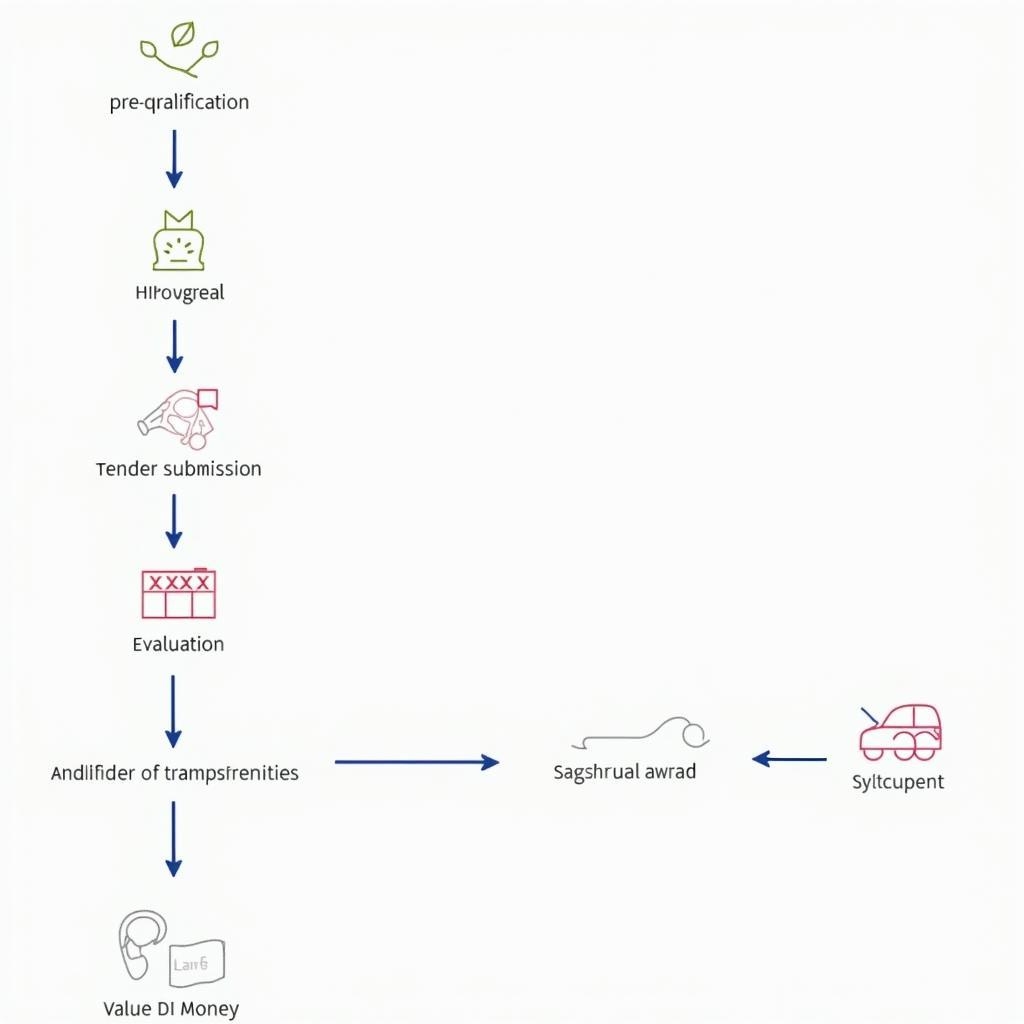Gpf Rules Purchase Of Car Service Rule can be a complex topic. This article aims to demystify how Government Procurement Frameworks (GPFs) impact car service acquisition, providing clarity for both individuals and businesses navigating these regulations. We’ll explore the intricacies of GPF rules, their purpose, and how they affect your choices when procuring car services.
Navigating the Complexities of GPF Rules for Car Service Purchases
GPFs are designed to ensure transparency, fairness, and value for money in public spending. These frameworks dictate how government bodies, and often organizations receiving government funding, purchase goods and services, including car services. Understanding these rules is crucial for both service providers and those seeking to procure car services within this framework.
Why GPF Rules Matter in Car Service Procurement
GPF rules play a vital role in ensuring accountability and preventing corruption. They establish a level playing field for service providers, encouraging competition and ultimately driving down costs for taxpayers. For those purchasing car services, adhering to these rules is not just a legal requirement, but also a way to ensure a fair and transparent procurement process.
- Transparency: GPF rules promote open and transparent bidding processes, allowing for scrutiny and preventing favoritism.
- Accountability: These rules hold both buyers and sellers accountable for their actions, ensuring responsible spending.
- Value for Money: By encouraging competition, GPF rules help ensure that public funds are used efficiently and effectively.
- Compliance: Adhering to GPF rules is a legal requirement for government bodies and many organizations receiving public funds.
Key Considerations When Purchasing Car Services Under GPF Rules
When procuring car services under GPF rules, several crucial factors must be considered:
- Pre-qualification: Many GPFs require service providers to pre-qualify, demonstrating their ability to meet specific criteria related to experience, financial stability, and compliance.
- Tendering Process: Understanding the tendering process is essential. This typically involves submitting detailed proposals outlining service offerings, pricing, and compliance with GPF requirements.
- Evaluation Criteria: GPF rules often specify the criteria used to evaluate bids, such as price, quality, and experience. Knowing these criteria allows service providers to tailor their proposals effectively.
- Contract Management: Once a contract is awarded, ongoing management is essential to ensure compliance with GPF rules and achieve the desired outcomes.
“GPF compliance isn’t just a checkbox exercise. It’s about building trust and ensuring a sustainable approach to public procurement.” – Dr. Amelia Carter, Procurement Specialist at Government Procurement Solutions.
Specific GPF Rules Relating to Car Service Acquisition
Specific rules vary depending on the specific GPF in question and the jurisdiction. However, some common themes emerge:
- Vehicle Standards: GPF rules may stipulate requirements for vehicle age, safety features, and emissions standards.
- Service Provider Requirements: These may include licensing, insurance, and driver qualifications.
- Pricing and Payment Terms: GPF rules often dictate how pricing is structured and how payments are processed.
Common Challenges and Solutions in GPF Car Service Procurement
Navigating GPF rules can be challenging. Some common hurdles include:
- Interpreting Complex Regulations: The language used in GPF documents can be dense and difficult to understand. Seeking professional advice can be invaluable.
- Meeting Stringent Requirements: Meeting all the pre-qualification and tendering requirements can be time-consuming and resource-intensive.
- Managing Contract Compliance: Ongoing contract management requires meticulous attention to detail to ensure continued adherence to GPF rules.
“Staying informed about changes in GPF regulations is paramount. Proactive engagement is key to successful procurement.” – Mr. David Miller, Senior Consultant at Public Procurement Advisors.
Conclusion: Mastering GPF Rules for Successful Car Service Purchases
Understanding and adhering to GPF rules is crucial for successful car service procurement within the public sector. By understanding the purpose of these rules, the key considerations, and the common challenges, both buyers and sellers can navigate the process effectively. Mastering these regulations ensures transparency, accountability, and ultimately, value for money in public spending on car services.
FAQs
- What is a GPF? A Government Procurement Framework (GPF) is a set of rules and procedures that govern how public bodies purchase goods and services.
- Why are GPF rules important? They ensure transparency, fairness, and value for money in public spending.
- Where can I find information on specific GPF rules? Specific GPF rules vary by jurisdiction and can typically be found on government websites.
- What are the common challenges in GPF car service procurement? Interpreting complex regulations, meeting stringent requirements, and managing contract compliance are common challenges.
- How can I ensure compliance with GPF rules? Seeking professional advice, carefully reviewing tender documents, and implementing robust contract management processes are key to ensuring compliance.
- Do GPF rules apply to all car service purchases? No, they primarily apply to purchases made by government bodies and organizations receiving government funding.
- What are the penalties for non-compliance with GPF rules? Penalties can vary but may include fines, contract termination, and legal action.
For further assistance with GPF related car service needs, please contact us via WhatsApp: +1(641)206-8880, or Email: [email protected]. We have a 24/7 customer support team ready to assist you.


